Abstract: We present an analysis of instructional design quality of 76 randomly selected Massive Open Online Courses (MOOCs). The quality of MOOCs was determined from first principles of instruction, using a course survey instrument. Two types of MOOCs (xMOOCs and cMOOCs) were analysed and their instructional design quality was assessed and compared. We found that the majority of MOOCs scored poorly on most instructional design principles. However, most MOOCs scored highly on organisation and presentation of course material. The results indicate that although most MOOCs are well-packaged, their instructional design quality is low. We outline implications for practice and ideas for future research.
Via Peter B. Sloep, Mark Smithers



 Your new post is loading...
Your new post is loading...


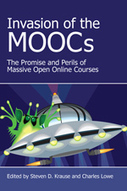



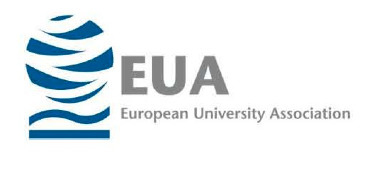

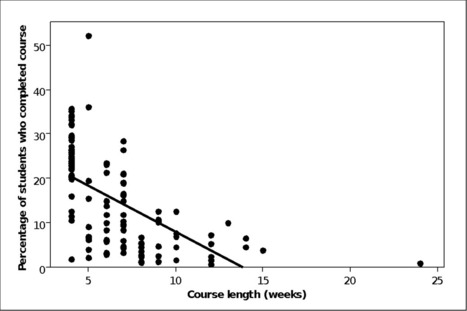

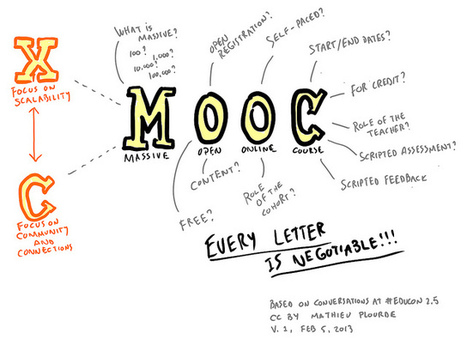



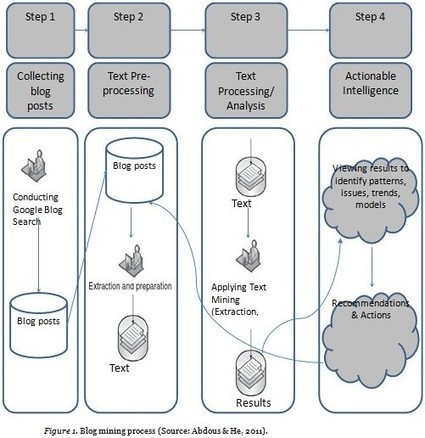









For anyone with even the vaguest of interests in MOOCs, this is a particularly useful article (in Computers & Education) as it contains the data on an extensive survey of the pedagogical (instructional) qualities of MOOCs. The paper is relatively short and makes for an easy read. For those who want the main conclusions, here they come.
76 MOOCs were scanned, 50 xMOOCs, 26 cMOOCs, using an instrument that contains items derived from Dave Merrill's five first principles of instruction and five more principles derived from the literature more generally. Of the 72 points that any one MOOC that was examined could, none scored higher than 28. The xMOOCs ranged from 3 to25 points, the cMOOCs from 3 to 28. So the xMOOCs score negligibly better only, in spite of the widely held belief that cMOOCs are the pedagogically superior kind. Although the survey logs the situation in 2013, I can't imagine that in a years' time things have significantly improved. So by and large, the conclusions still hold.
These figures then bode ill for the wild plans of the past that MOOCs can replace most existing universities (Sebastian Thrun), falsifies Daphne Koller's claim that Coursera MOOCs are built on sound pedagogical principles, and puts and end the wide-spread fallacy that elite universities necessarily breed top level courses. They corroborate claims made by Tony Bates, which I have echoed here and elsewhere, that MOOCs ignore decades of research in technology-enhanced learning, indeed in instructional design tout court. @pbsloep
Very interesting paper.